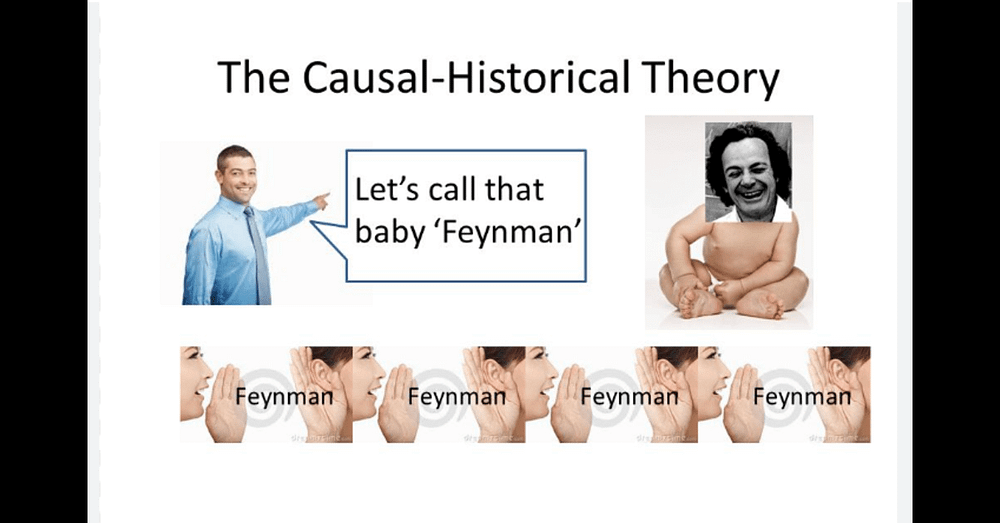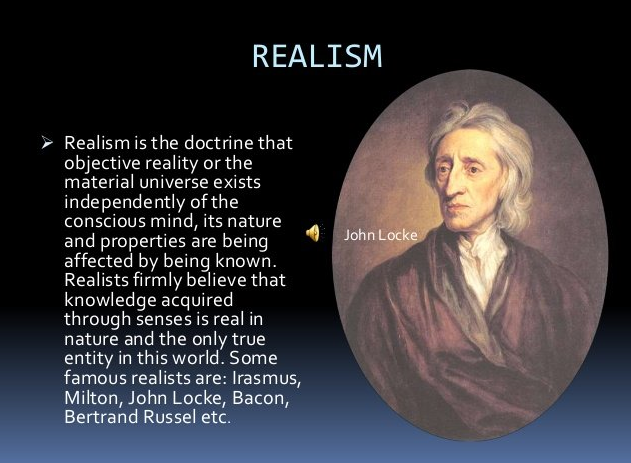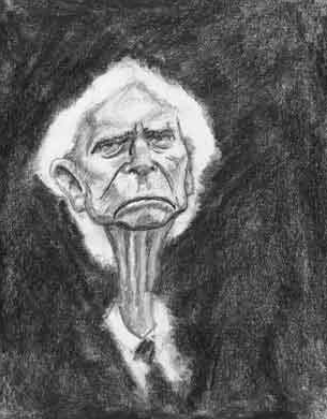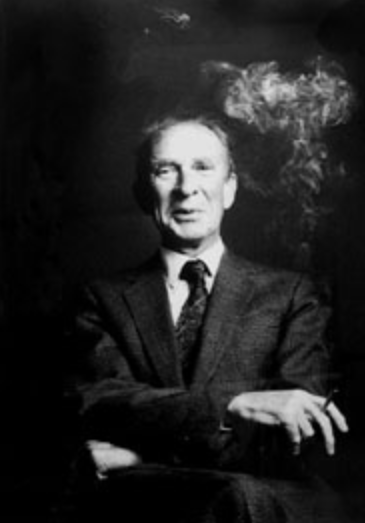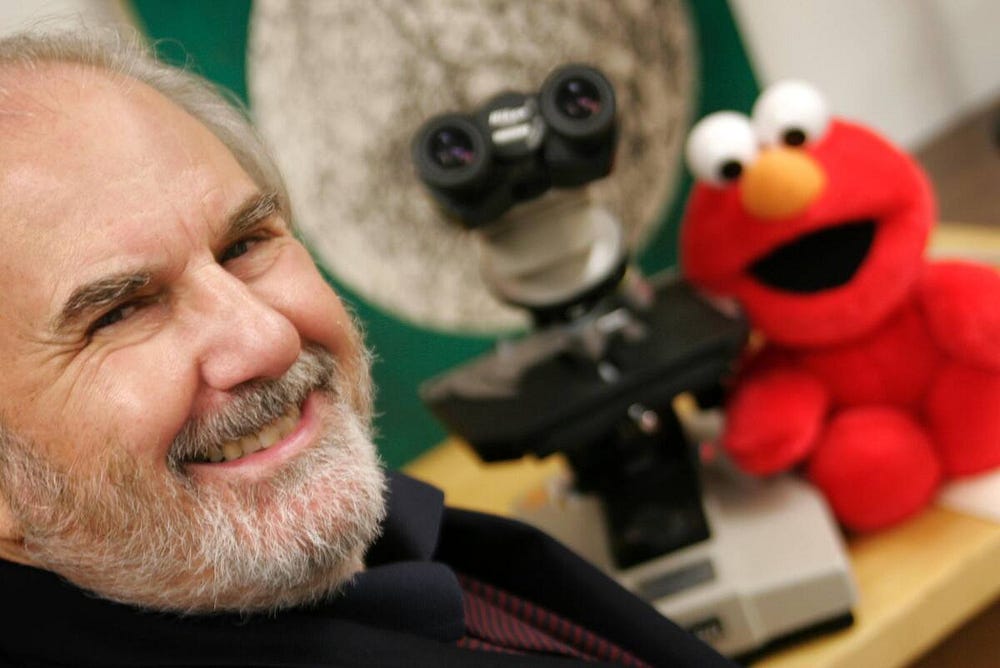Some say that syntax is the basis of both human intelligence and consciousness itself. Others say that language is the basis of both these things. Yet syntax, of course, is the basis of language.
William H. Calvin describes syntax as “structured stuff”. Syntax is essentially about structure or the juggling about of things (as in sentences and words). His examples of “structured stuff” include “multistage contingent planning [whatever that is!], chains of logic, games with arbitrary rules” and so on.
I mentioned language being syntactical earlier. According to Calvin, language “might make a child better able to perform non-language tasks that also need some structuring”.
In other words, the juggling around of words (i.e, language) helps young children juggle other things around, such as literal physical objects. Thus actions using physical objects may be seen syntactically.
For example, a child will use the same shapes to create different patterns or even to replicate real objects or animals. In this instance, shapes are like words and the final patterns or objects are like sentences.
The syntactical abilities of infants and young children is detailed by William H. Calvin. He chronicles the growing syntactic abilities this way:
i) “In the first year, an infant is busy creating categories for the speech sounds she hears.”
ii) “By the second year, the toddler is busy picking up new words, each composed of a series of phoneme building blocks.”
iii) “In the third year, she starts picking up on those typical combinations of words we call grammar or syntax.”
iv) “She soon graduates to speaking long structured sentences.”
v) “In the fourth year, she infers a patterning to sentences and starts demanding proper endings for her bedtime stories.”
As for i), I'm not entirely sure what Calvin means by “creating categories for the speech sounds she hears”. Does that simply mean recognising who or what is making the speech sounds? That is, one such “category” will be the mother?
Interestingly enough, even though in iii) it is said that the child picks up “what we call grammar or syntax”, it's clear that even before that (in ii)) that the baby has already become a syntax machine in that it is “picking up new words, each composed of a series of phoneme building blocks”. So, in this case, phonemes are juggled around to create new words; just as later words themselves are juggled around to create sentences (or at least proto-sentences). That means that just as phonemes are to words, so words are to sentences – both are equally syntactic. However, it seems possible from iii) that the child combines words without as yet “speaking the long structured sentences” of iv). That is, perhaps words are combined without thereby creating proper or meaningful sentences. This seems to be a kind of syntactic preparation for those later meaningful sentences.
It would seem to follow from all this that if a being doesn't have language, then there'll be lots of other things it can't do. Indeed that may even be true of language-less human beings.
This appears to have been the case when it came to a young boy who was deaf and who never learned a language – not even Sign Language. According to Oliver Sacks (quoted by Calvin), this boy
“seemed completely literal – unable to juggle images or hypotheses or possibilities, unable to enter an imaginative or figurative realm.... He seemed, like an animal, or an infant, to be stuck in the present, to be confined to literal and immediate perception”.
Clearly, juggling images, contemplating hypotheses and possibilities are all syntactical abilities. That is, one can juggle images one has seen in order to create new images. Similarly, known realities or facts can be juggled around to create possibilities or new hypotheses.
What's more, without syntactical skills, a being would also lack imagination and be unable to think figuratively. In the end, “like an animal, or a infant” (i.e., without syntactical thinking), a being would “be stuck in the present and confined to literal and immediate perception”.
As Calvin says, then, when a child gains syntactic skills, it ends up with the situation in which if it “[i]mprove[s] one”, it “improve[s] them all”.
All this syntactical playing or manipulation has its neurological underpinning, of course. The more the syntax engine of the brain is used, the stronger the neuronal connections which underpin such syntactical manipulations become.
Calvin says that “prenatal connections” are strengthened or weakened “depending partly on how useful a connection has been so far in life”. The other thing is that the neurological underpinning is as it most “plastic” (or responsive) very early in life (which is why psychologists and behavioural scientists emphasis the importance of education in the early years). However, babies and young children are being well “connected” (neuronally) even if they aren't being stimulated (or educated) by their parents. In a certain sense, babies are programmed to learn.





